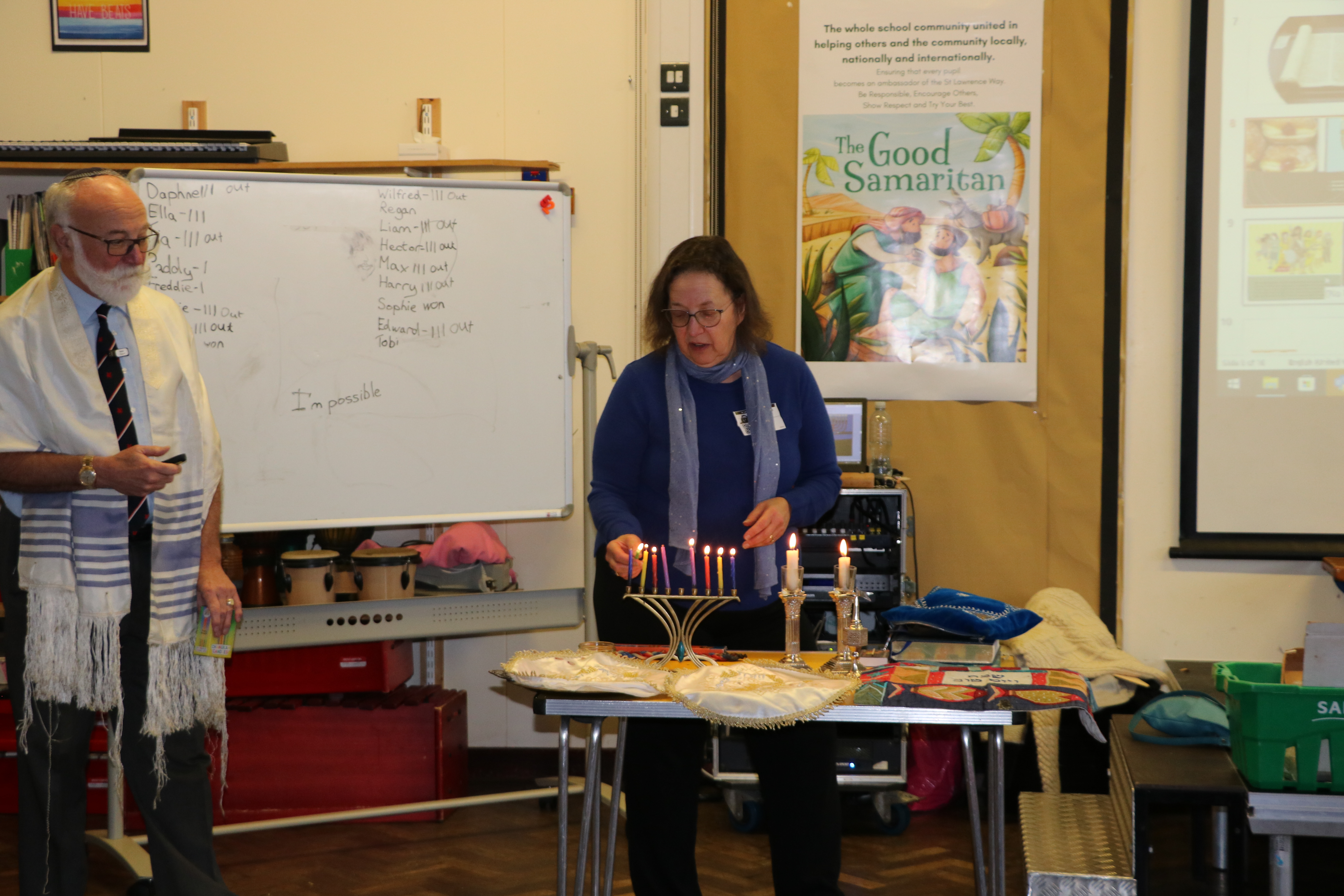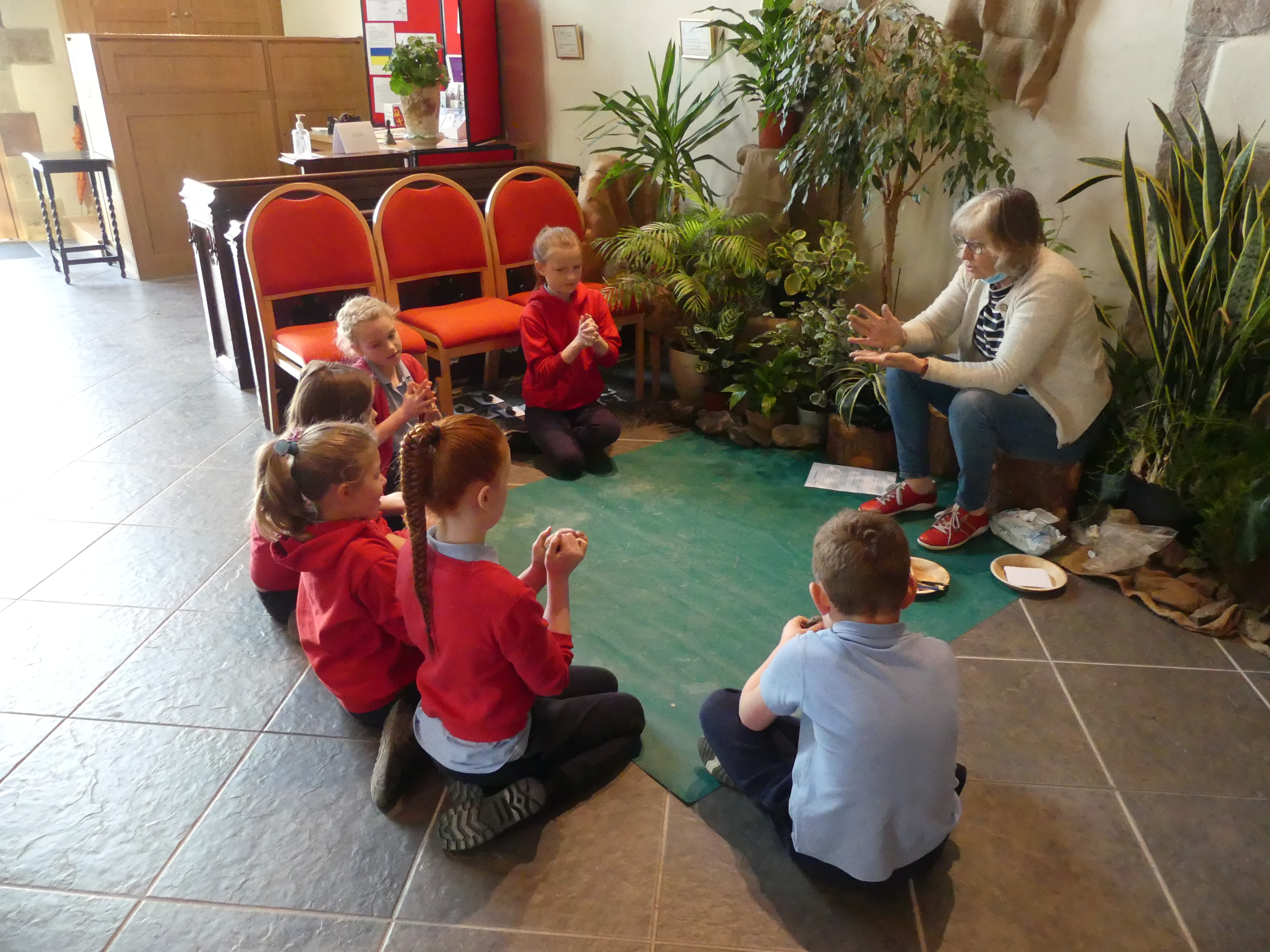
Humanism

Judaism
Intent
At St Lawrence, it is our intent for the Religious Education element of our school curriculum to engage, inspire, challenge, and encourage pupils, equipping them with the knowledge and skills to answer challenging questions, explore different religious beliefs, values and traditions and develop a more rigorous understanding of the numerous religious traditions, beliefs and practices that are followed in our multi-cultural society. We want them to know how religious education promotes discernment and enables pupils to combat prejudice, preparing them for adult life, employment, and life-long learning.
Implementation
We follow the Shropshire Agreed Syllabus for Religious Education, making use of the resources and activities recommended in 'Understanding Christianity' and by NATRE (National Association of Teachers of Religious Education).
At St Lawrence, it has been agreed that having considered the requirements and guidelines presented in the Agreed Syllabus, the following religions have been selected for study:
- Christianity
- Islam
- Judaism
- Hinduism
In the Early Years Foundation Stage, the learning outcomes are referenced to Christianity and as appropriate to a range of other beliefs and culture. There are no presumptions made as to the religious backgrounds and beliefs and values of the children and the staff. We value the religious background of all members of the school community and hope that this will encourage individuals to share their own experiences with others freely. All religions and their communities are treated with respect and sensitivity, and we value the links, which are, and can be made between home, school, and a faith community. We are extremely lucky that members of the local church, St Laurence, regularly visit our school to carry out collective worship and partake in R.E. lessons. Our pupils also visit St Laurence's to enjoy experiences throughout the year which inform them of the key happenings within the liturgical calendar.
We acknowledge that each religion studied can contribute to the education of all our pupils. We promote teaching in Religious Education that stresses open enquiry and first-hand experiences wherever possible for both staff and children. Visitors are invited into school to share expertise and experiences of worshipping in modern Britain.
Impact
The children at St Lawrence Primary enjoy learning about religions and why people choose or choose not to follow a religion. Through their R.E. learning, the children can make links between their own lives and those of others in their community and in the wider world, developing an understanding of other people’s beliefs, cultures and ways of life.
Religious Education Progression Map
Understanding Christianity Flow Chart
Religious Education Subject Overview
Religious Education - Shropshire Agreed Syllabus

Islam

Christianity
